Capacity Statement: Nutrition Management
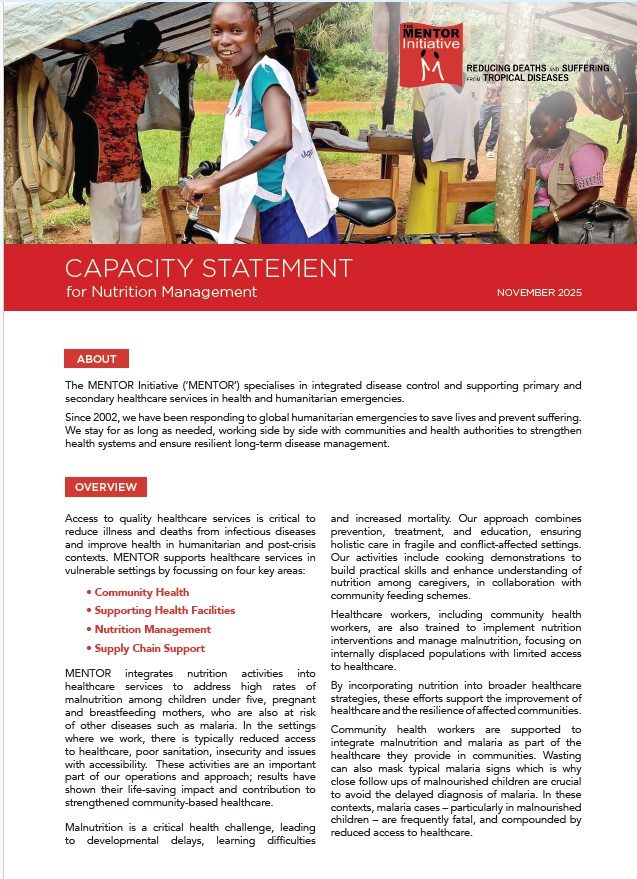
2024 Annual Report

Highlights from programmes in 2024
Malaria control in emergencies (2025)
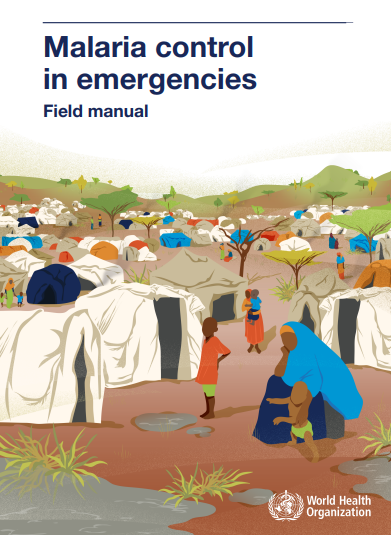
Field manual Humanitarian emergencies are increasing globally with alarming frequency and duration. These crises often cause health system collapse, leaving vulnerable populations without access to essential medical services. In endemic areas, malaria becomes a deadly threat, especially for displaced communities with little prior exposure and no immunity. Without swift action, outbreaks can escalate rapidly, making […]
Country Brief: Mozambique
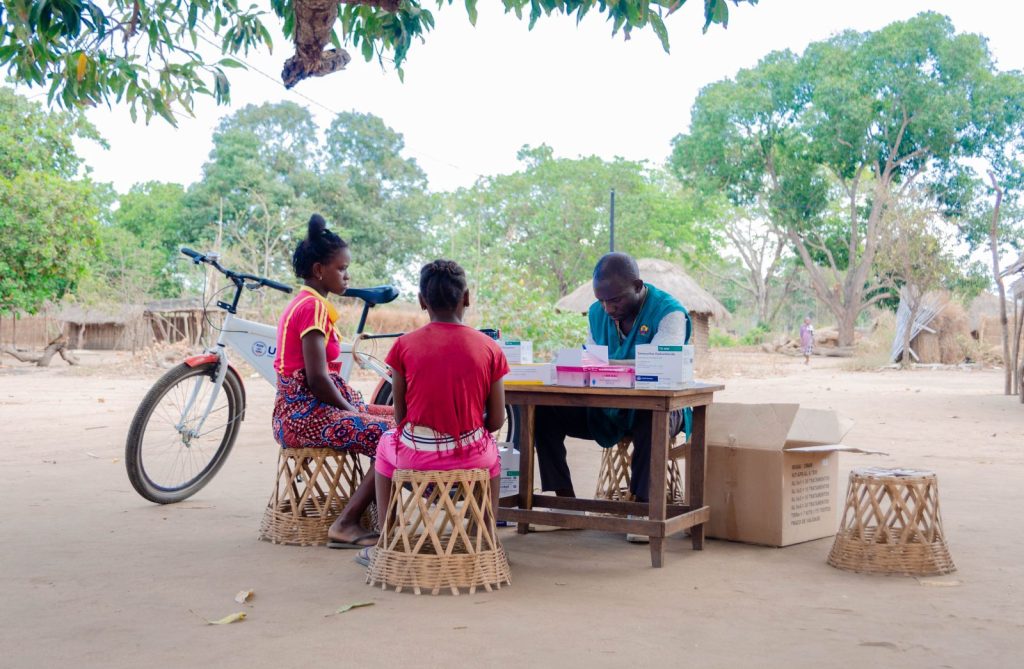
Health and development indicators in Mozambique are still far from ideal as the country struggles with recurrent natural disasters, civil unrest and threats from armed groups. Poverty is widespread and the country has one of the highest maternal and child mortality rates in the world. These challenges are significant in the northern part of the […]
Enhancing protection against vector-borne diseases in forcibly displaced communities: evaluating the efficacy of spatial repellents for cutaneous leishmaniasis control in North-East Syria
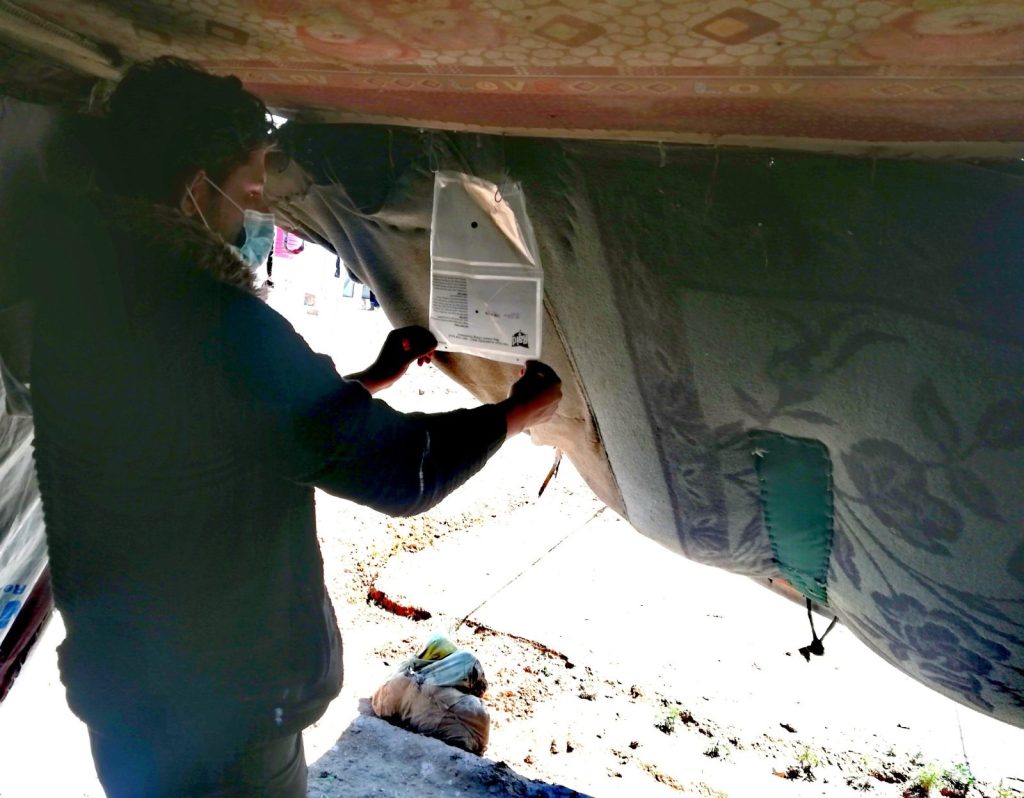
In Syria, during the 14 years after the outbreak of civil war, 16.7 million people have been forced to flee their homes, of which 7.2 million remain internally displaced in 2025. Breakdown in waste management caused by aerial bombardment has created ideal conditions for cutaneous leishmaniasis (CL) transmission, vectored by phlebotomine sandflies. Displaced populations reside in […]
Country Brief: South Sudan
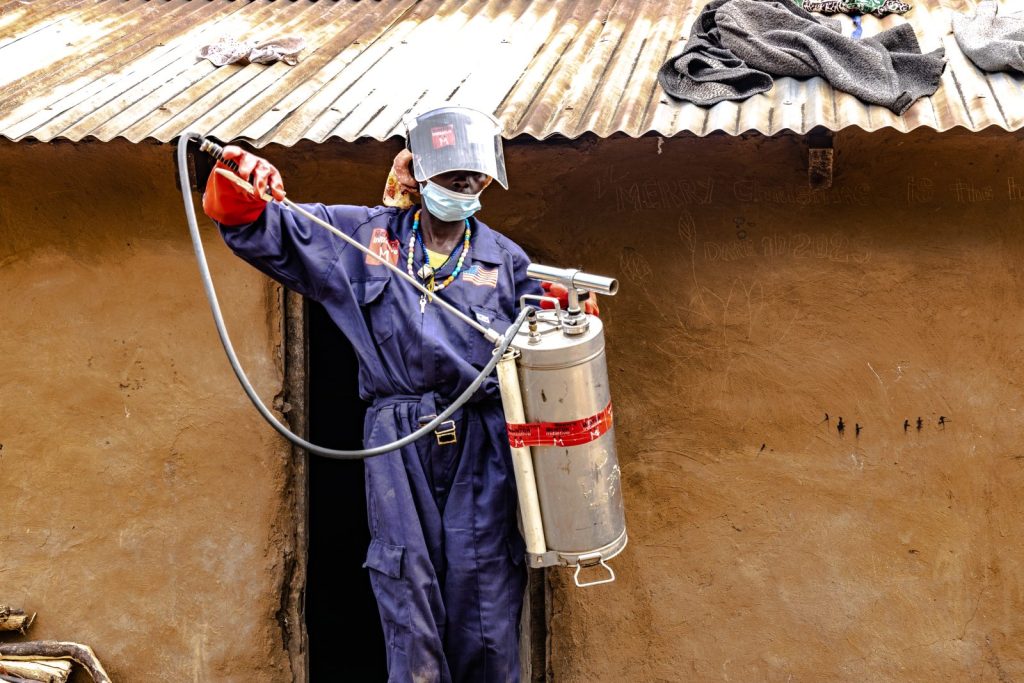
South Sudan faces a severe humanitarian crisis caused by conflict, climate shocks, economic instability, and public health challenges. Floods, droughts, and extreme heat have devastated livelihoods and displaced communities. Intercommunal violence and the influx of over 900,000 people fleeing Sudan have overwhelmed infrastructure and services. Health systems are fragile, with limited access to care and […]
Country Brief: Central African Republic
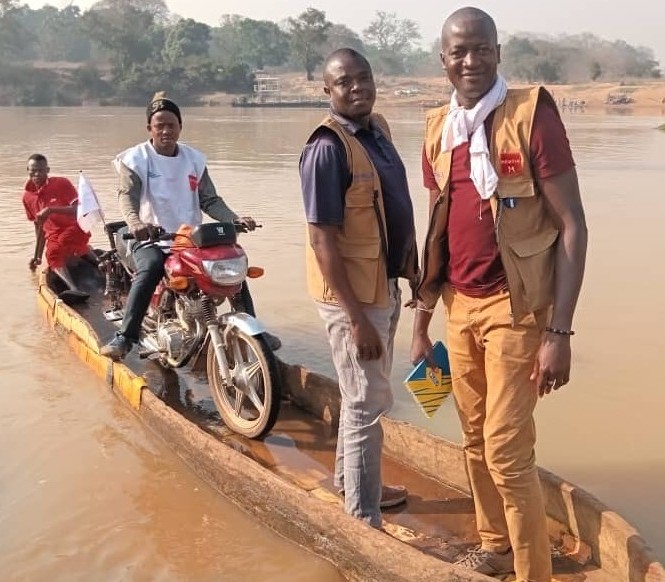
The decade-long conflict in the Central African Republic (CAR) has created acute humanitarian needs, with the OCHA humanitarian Needs Overview (HNO) 20241 estimating that 2.8 million people – nearly half of the population – require assistance. Clashes between government forces, government allies and armed groups are causing the humanitarian situation to continue to deteriorate and […]
Project Brief: Expansion and sustained control of schistosomiasis and soil-transmitted helminths in Angola
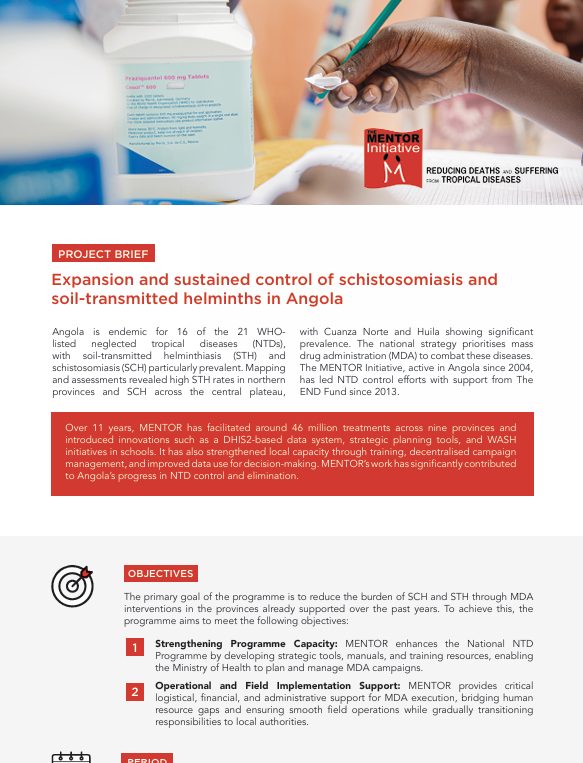
Angola is endemic for 16 of the 21 WHO listed neglected tropical diseases (NTDs), with soil-transmitted helminthiasis (STH) and schistosomiasis (SCH) particularly prevalent. Mapping and assessments revealed high STH rates in northern provinces and SCH across the central plateau, with Cuanza Norte and Huila showing significant prevalence. The national strategy prioritises mass drug administration (MDA) […]
Capacity Statement
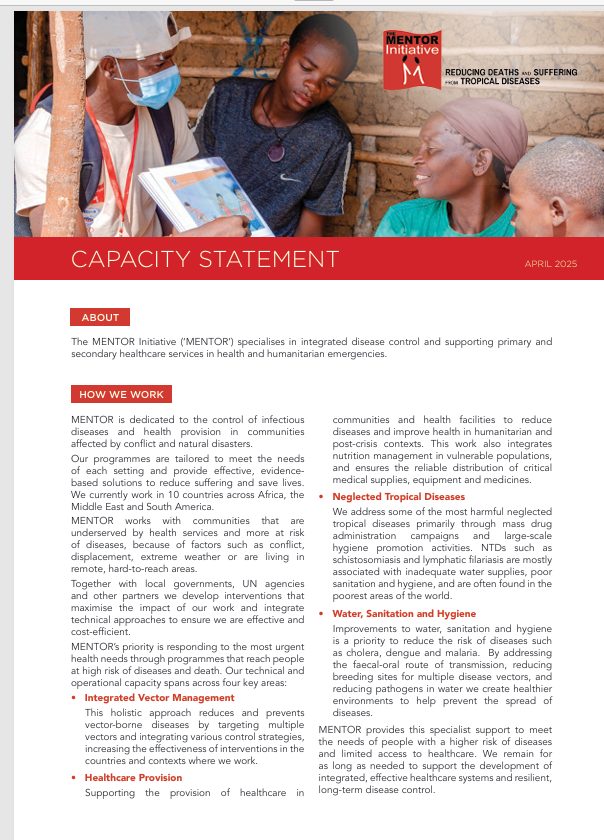
The MENTOR Initiative capacity statement, updated in April 2025.
Project brief: Enhancing disease control in northwest Syria through strengthening local health systems and improving environmental sanitation
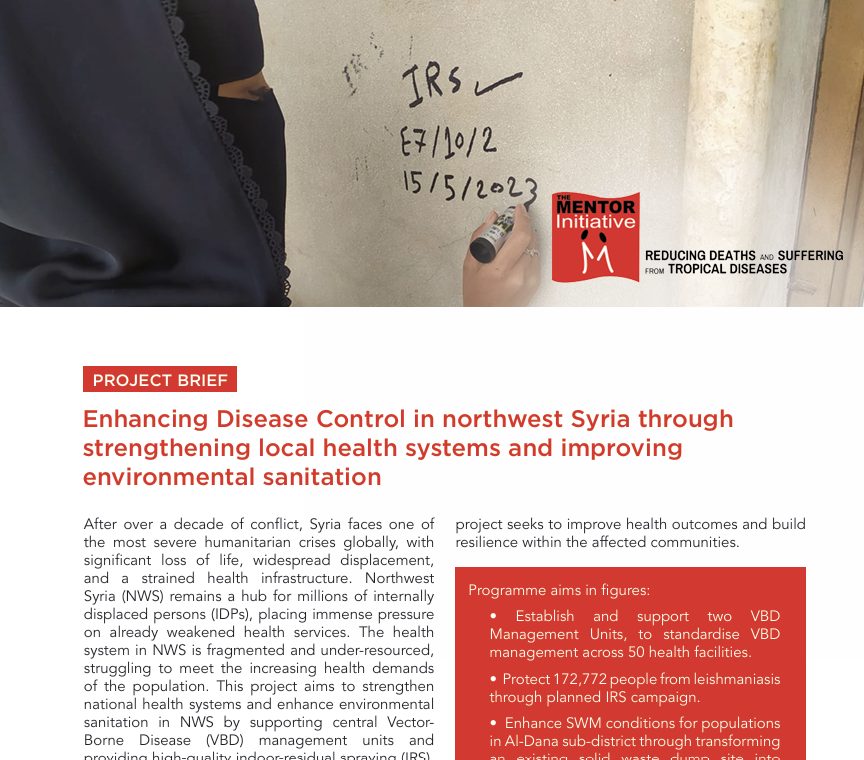
After over a decade of conflict, Syria faces one of the most severe humanitarian crises globally, with significant loss of life, widespread displacement, and a strained health infrastructure. Northwest Syria (NWS) remains a hub for millions of internally displaced persons (IDPs), placing immense pressure on already weakened health services. The health system in NWS is […]
